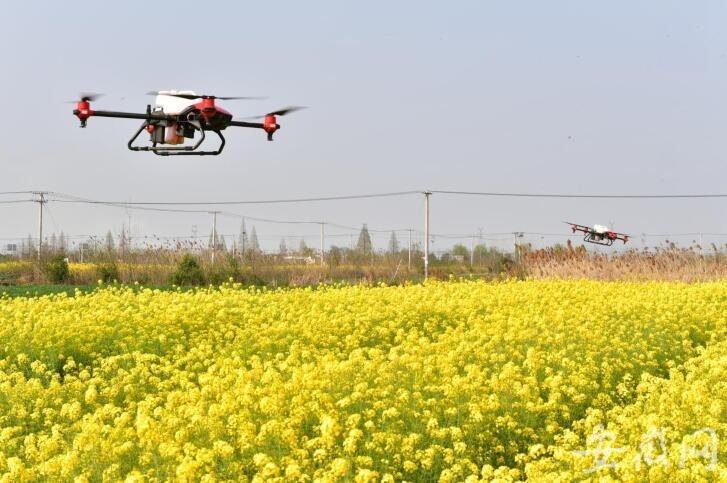The future of organic vegetables is marked by both promising trends and significant challenges. As the demand for organic produce continues to grow, the organic sector is evolving to meet the needs of consumers while addressing key issues related to organic farming practices and standards. This article explores the trends and challenges that shape the future of organic vegetables.
One notable trend in the organic vegetable sector is the increasing popularity of organic foods. Consumers are becoming more health-conscious and environmentally aware, leading to a growing demand for organic produce. This trend is encouraging more farmers to transition to organic farming methods and expand their organic offerings.
To meet the rising demand for organic vegetables, innovations in organic farming techniques are emerging. Precision agriculture, controlled environment agriculture, and vertical farming are being integrated into organic practices. These technologies enable year-round cultivation and improve resource efficiency, helping to supply organic vegetables more consistently.
The need for stricter organic certification standards is also a significant trend. As the organic sector expands, maintaining the integrity of organic labeling is crucial. Consumers expect transparency and trust in organic products, necessitating clear and consistent standards for organic farming practices.
Despite the promising trends, the organic sector also faces challenges. Organic farming can be more labor-intensive and costly than conventional farming, which can affect affordability and accessibility for some consumers. Finding ways to reduce the cost of organic production while maintaining its sustainability is an ongoing challenge.
Another challenge is the potential for organic produce to become diluted in the marketplace. With the rise of large-scale organic farming operations, there is a concern that some organic products may not adhere to the principles of organic farming. Ensuring the authenticity and quality of organic vegetables is essential to maintaining consumer trust.
The future of organic vegetables is shaped by consumer preferences, technological advancements, and the commitment of farmers to sustainable practices. The trends and challenges discussed here provide insight into the evolving landscape of organic agriculture and its role in providing healthier and more environmentally responsible food choices.
In conclusion, the future of organic vegetables is marked by an increasing demand for organic produce, innovations in farming techniques, and the need for stricter organic certification standards. While there are challenges to address, the organic sector is well-positioned to shape the future of food production, offering consumers a wholesome and sustainable alternative to conventionally grown vegetables.







Please sign in to comment
register